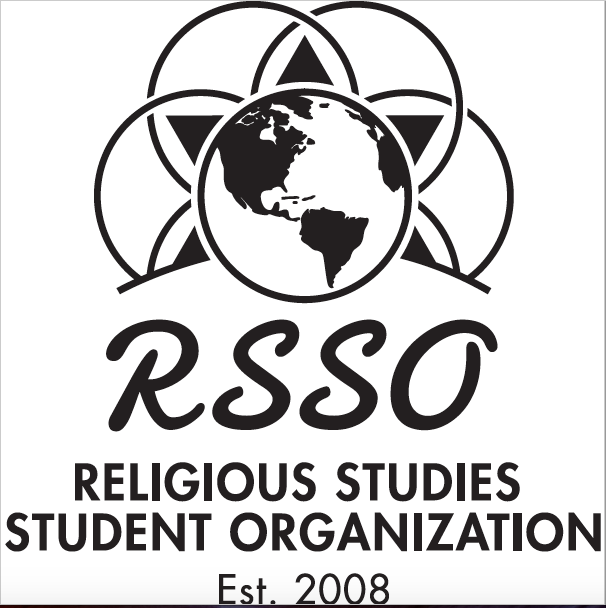Moderator
Dr. Meghan Murphy-Lee
Location
Room A
Start Date
9-4-2016 9:45 AM
End Date
9-4-2016 10:45 AM
Abstract
Anywhere between 20 and 30 confirmed conceptions end in miscarriage. This is a difficult loss for anyone who experiences it. Those in the Jewish community, face an additional burden because they generally deal with this loss in private. When embarking on this project I did not realize how little this subject is talked about. Due to the limited amount of written material on the subject, I did most of my research through interviews. There are many strong beliefs surrounding this subject. The first is Jewish law states that a child is not considered to be its own person until he/she reaches 30 days old. In my research, I was told that this law is rooted in economic stability for the family. Before the age of modern medicine miscarriage was far more prevalent. By following this law the family would not be required to follow the Jewish tradition of sitting Shiva, which requires them to be out of work while mourning. This law avoids a financial burden on the family. In addition to the 30-day law, Jewish folklore also touches on the issue of miscarriage with the concept of the evil eye, according to which observant Jews should avoid celebrating or anticipating a child’s birth before it occurs. This concept is why most Jewish women do not have baby showers. This is another form of protection to the parents. If something were to go wrong in the pregnancy, then they would not have to also face a room prepared for a child that was never born. The law and beliefs are meant to protect those who experience miscarriage but can make overcoming this loss even more difficult. There has been a recent expansion of support groups and centers focused on helping the Jewish families deal with this loss. I chose this subject because I felt it was important to further open the discussion about pregnancy loss in the Jewish community.
Included in
Hidden Heartbreak: The Secret Pain of Miscarriage in the Jewish Community
Room A
Anywhere between 20 and 30 confirmed conceptions end in miscarriage. This is a difficult loss for anyone who experiences it. Those in the Jewish community, face an additional burden because they generally deal with this loss in private. When embarking on this project I did not realize how little this subject is talked about. Due to the limited amount of written material on the subject, I did most of my research through interviews. There are many strong beliefs surrounding this subject. The first is Jewish law states that a child is not considered to be its own person until he/she reaches 30 days old. In my research, I was told that this law is rooted in economic stability for the family. Before the age of modern medicine miscarriage was far more prevalent. By following this law the family would not be required to follow the Jewish tradition of sitting Shiva, which requires them to be out of work while mourning. This law avoids a financial burden on the family. In addition to the 30-day law, Jewish folklore also touches on the issue of miscarriage with the concept of the evil eye, according to which observant Jews should avoid celebrating or anticipating a child’s birth before it occurs. This concept is why most Jewish women do not have baby showers. This is another form of protection to the parents. If something were to go wrong in the pregnancy, then they would not have to also face a room prepared for a child that was never born. The law and beliefs are meant to protect those who experience miscarriage but can make overcoming this loss even more difficult. There has been a recent expansion of support groups and centers focused on helping the Jewish families deal with this loss. I chose this subject because I felt it was important to further open the discussion about pregnancy loss in the Jewish community.

